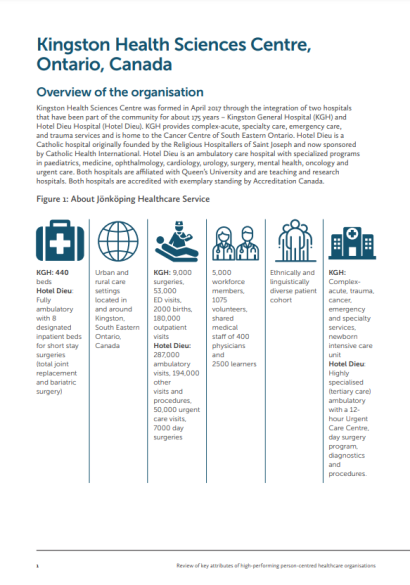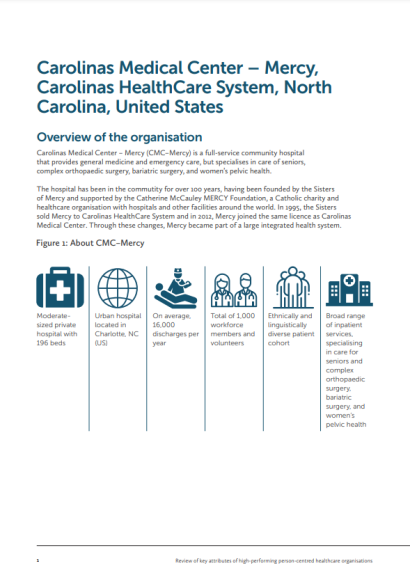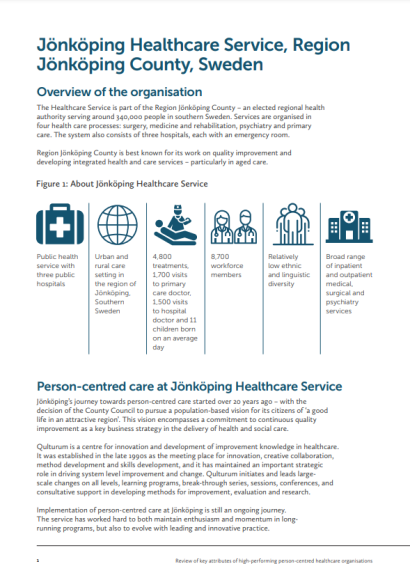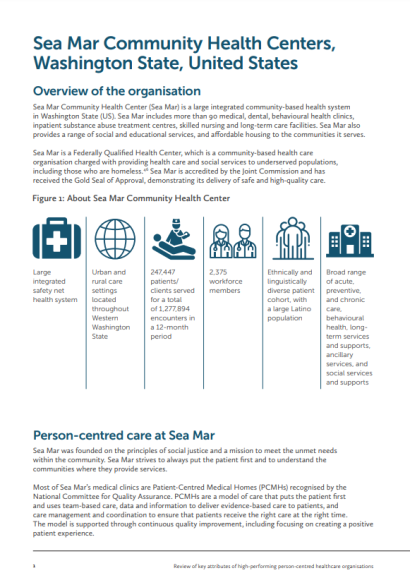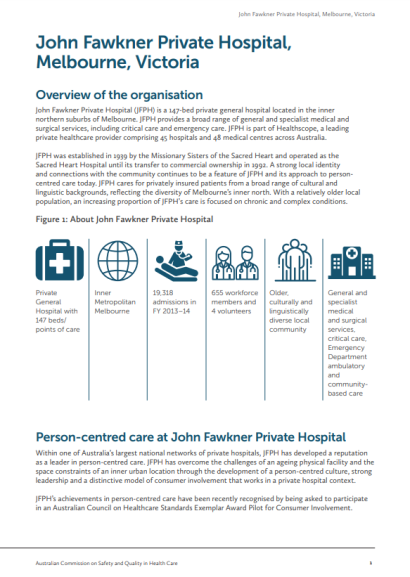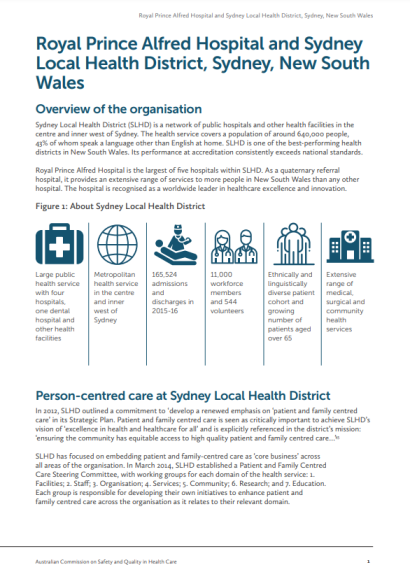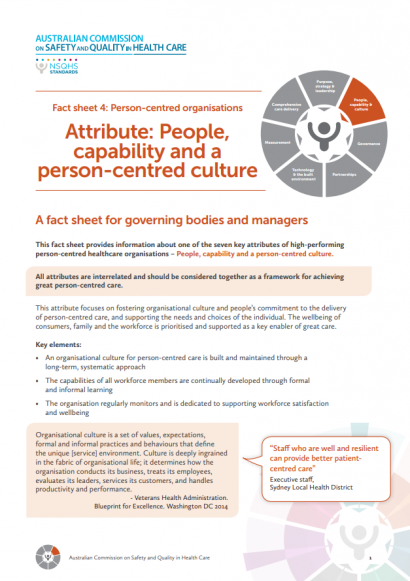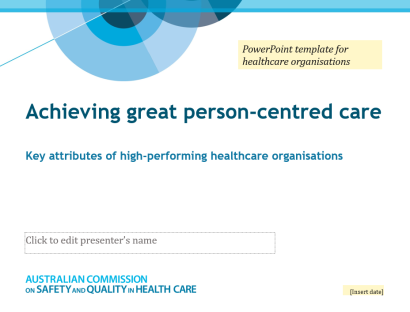Found 745 result(s)
The primary care sector has an important role to play in improving the safe and appropriate use of antimicrobials, and reducing patient harm and the risk of antimicrobial resistance (AMR) in Australia.
The Commission has developed a number of resources to support safe communication.
Effective clinical communication is two-way (or multi-way if between teams), structured and continuous communication that results in timely, accurate and appropriate transfer of information.
For communication to be effective it needs to be tailored, open, honest, and respectful, with opportunities for clarification and feedback.

